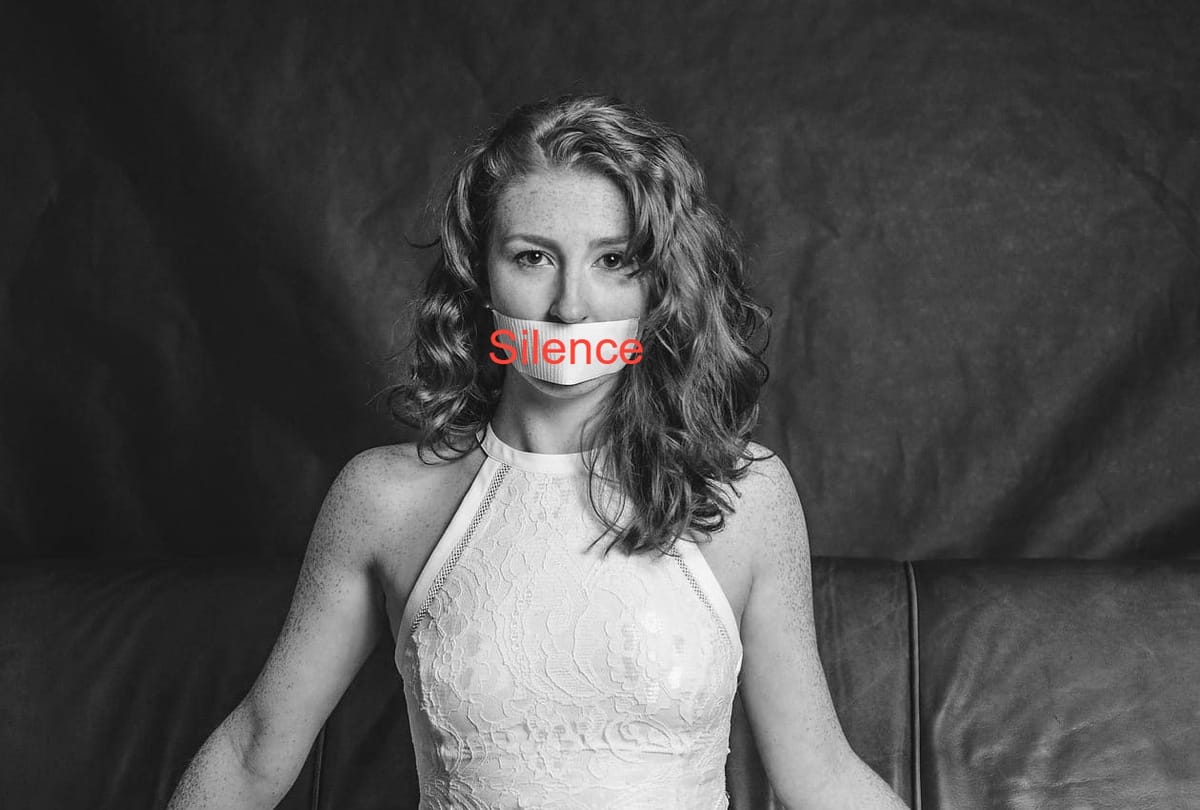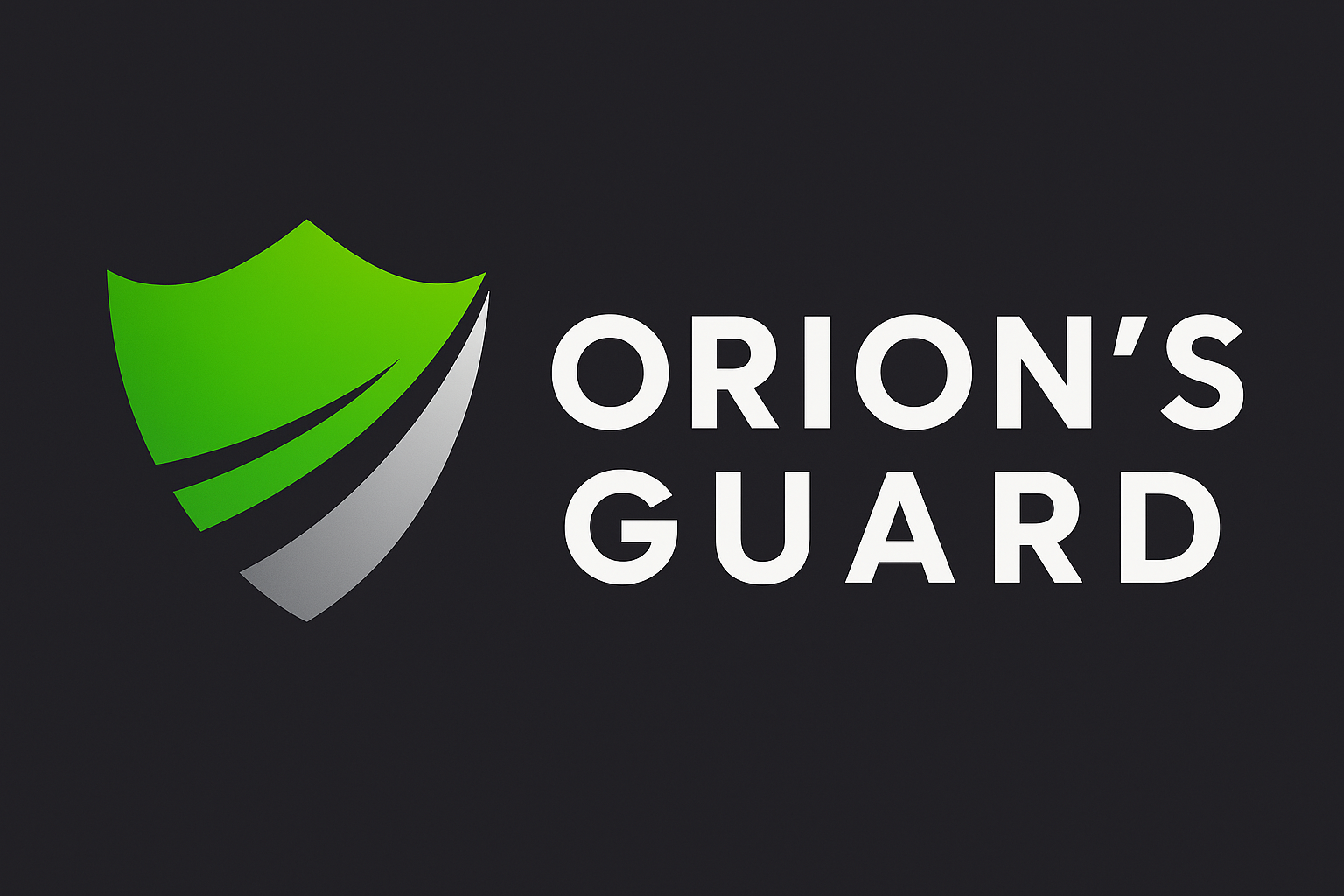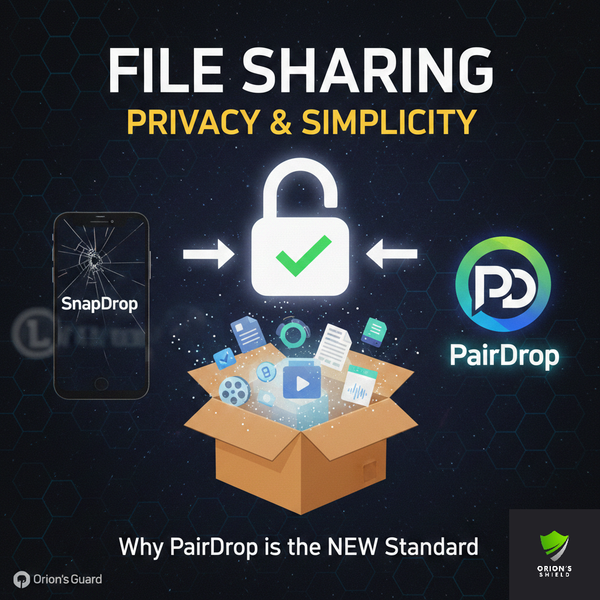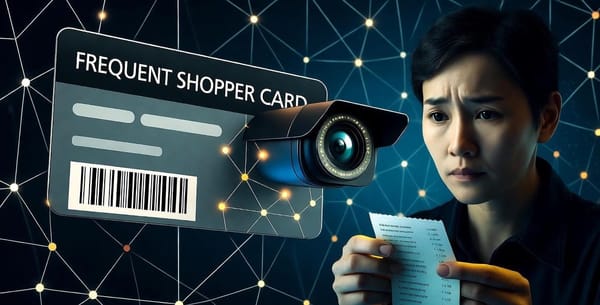The Digital Town Square: Why Internet Freedom is a Foundational Human Right

I don't pretend that I have all the answers. The truth is that this subject matter is extremely complicated and requires deep insightful thought beyond a Star Trek utopia that we all wish existed but rather in the realities of modern society.
The one thing I know for certain, we're constantly trading or freedoms for the false promise of more protection. The protection never seems to come but the loss of freedom certainly does.
The Digital Town Square: Why Internet Freedom is a Foundational Human Right
If you’ve ever wondered why younger generations seem to live their social lives online, the answer might be simpler than you think: for many, it’s the only place they feel free.
Older generations often view a preference for digital interaction as a disconnect from the "real world." But this shift isn't an abnormality; it's a rational response to a world where traditional public spaces have become increasingly monitored, restricted, and policed. Simple acts of youth—skateboarding, hanging out in a park, or just loitering with friends—can now be treated with suspicion or even as offenses. In this environment, the digital world offers a refuge—a place to connect, explore, and express oneself without the immediate fear of physical harassment.
This taste of freedom is powerful, even addictive. While radio and television once offered a window to the world, the internet provides a door. It’s a global society where you can be anonymous or known, where you can learn from billions of people, and witness the full spectrum of human creativity and consciousness. Or, at least, that’s what it was designed to be.
Like all freedoms, this one is fragile and slowly slipping away. The trade is familiar: we are asked to sacrifice our privacy and autonomy for a promise of security. Mass surveillance of our emails, messages, location, and online activity has been normalized, sold to us as necessary for safety. This monitoring is championed by corporations and governments who have weaponized our fear to gain unprecedented control over the digital landscape.
The result? A dangerous complacency. Many bury their heads in the sand with the mantra, "I have nothing to hide." But this ignores a critical truth: privacy isn't about hiding wrongdoings; it's about protecting the right to have a life free from unwarranted scrutiny. We have strong laws protecting the privacy of our physical mail. If a company hired people to open our letters, it would be a scandal. Yet, we accept that our digital correspondence—which contains our most sensitive information—is routinely scanned, analyzed, and sold. The law has failed to keep pace with technology, and our rights have evaporated in the process.
This is why we must recognize the internet for what it is: the modern public square. It is where we meet, protest, organize, and share ideas. Platforms like X (formerly Twitter), Facebook, and TikTok have become the de facto town halls of our era. However, this square is now owned by private corporations—monopolies with more power and personal data than any government agency could have once dreamed of.
The threat is no longer just surveillance, but silencing. The anonymity that once protected dissenting voices is being eroded. It's now easy to connect an online profile to a real person, making them vulnerable to intimidation, job loss, and worse. The same tactics used to quell physical protests are now deployed online, chilling free speech and assembly through the threat of real-world consequences.
A common counter-argument is that unfettered freedom also protects bad actors: trolls, bigots, and purveyors of misinformation. This is the ugly truth of liberty. But the solution to hateful speech is not less freedom for everyone; it is more speech, better tools, and resilient communities.
So, what is the path forward?
- Embrace User Empowerment, Not Top-Down Censorship: The answer isn't to let corporations or governments be the sole arbiters of truth. Instead, we should champion platforms and tools that give users control—powerful filters, community moderation, and transparent algorithms. The choice of what to see and engage with should belong to the individual.
- Update Laws for the Digital Age: Existing laws against threats, harassment, and incitement to violence must be robustly enforced online. We don't need new, broad speech police; we need to apply our longstanding legal principles to the digital realm.
- Reject the Illusion of Corporate Morality: We cannot outsource our moral compass to for-profit companies. Corporations that prioritize access to markets over human rights are not fit to be the guardians of our public discourse. Their interest will always be shareholders, not society. Just see how quickly the corporations who seem to be your friends buckled the instant administrations change. They're not your friend and they don't like you. They just want your money.
- Recognize the Propaganda War: State-sponsored disinformation campaigns are a real threat, designed to sow chaos and distrust. A healthier, more decentralized internet—with many smaller, federated platforms—is more resilient to this manipulation than a few massive, centralized networks.
As I said at the start, there is no perfect answer. I don't claim my answers a The balance between safety and liberty is delicate. But history shows us that progress often comes from unpopular ideas. The voices against slavery, for women's suffrage, and for workers' rights were once the silenced minority. If today's tools of control existed then, the very champions of justice would have been "canceled."
We must choose the harder, better path: to defend the principle of a free and open internet, even when it is messy and uncomfortable. We must evolve as a global society to handle this new landscape with critical thinking, empathy, and resilience. Our freedom—to connect, to learn, to protest, and to simply be—depends on it.




